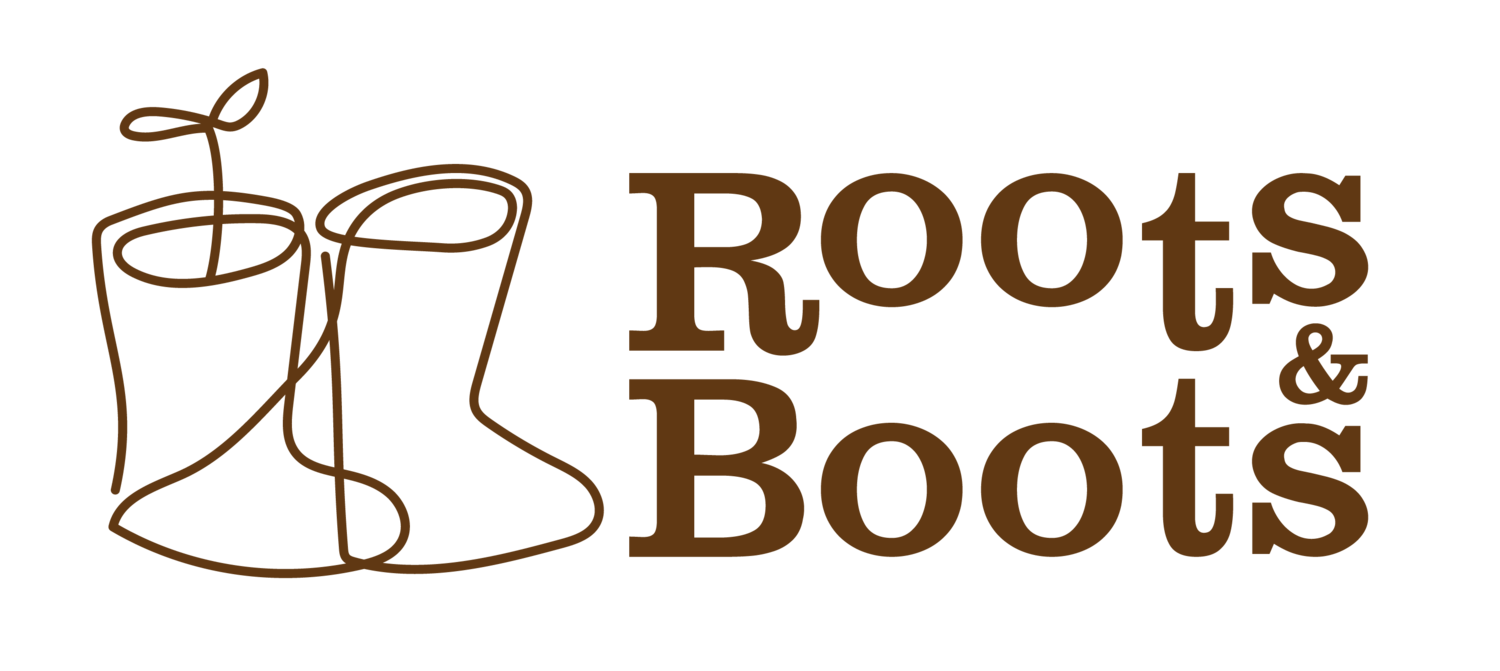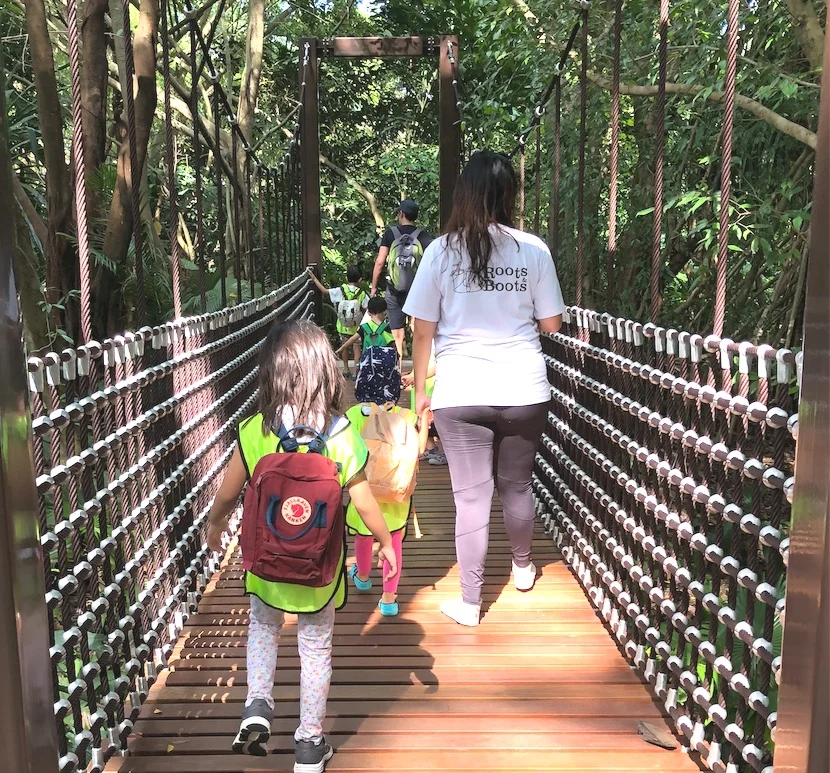Our Approach
Forest School Inspired
Forest School aims to develop a child’s personal, social, and emotional skills such as the above.
Inspired by the forest school pedagogy originating from Scandinavia, we encourage children to explore, to learn through play, at their own pace and in their own style. We are committed to providing the time and space for children to follow their own ideas and interests in a real and meaningful context. Outdoor learning activities that are motivating and achievable, are aimed at developing children’s problem solving, cooperation skills, and confidence. Children who have gone through such programmes have expressed increase in self-esteem and independence through their positive outdoor experiences in nature.
Find out more about the forest school approach here.
Innovative Early Childhood Practices
As trained early childhood professionals, we value and embrace ideas and philosophies of the different early childhood approaches. We believe that there is no “one size fits all” approach for learning and celebrate the diversity of knowledge, ability, and learning styles that each child in our care brings. Through our innovative and holistic programme, children explore the natural world through activities fostering academic and social-emotional growth, enhancing their appreciation for nature, environmental education, and STEAM learning (science, technology, engineering, art, and mathematics).
“The wider the range of possibilities we offer children, the more intense will be their motivations and the richer their experiences. ”
Child, Teacher, Environment
Our programme emphasises child-centered exploration and inquiry-based learning with children’s interests and learning styles influencing specific activities and experiences. Children’s voices and ideas are respected, and they are seen as competent change makers and advocates of their own learning.
Our teachers, also known as our urban forest school guides, are facilitators of children’s learning. They are observers, partners in learning, as well as co-creators of authentic nature play.
The natural outdoor environment supports children’s learning, acting as the third teacher (Malaguzzi, Reggio Emilia) that is responsive to their needs. The outdoor environment is flexible, dynamic, and open-ended, catering to children’s interests and their developmental stages.



